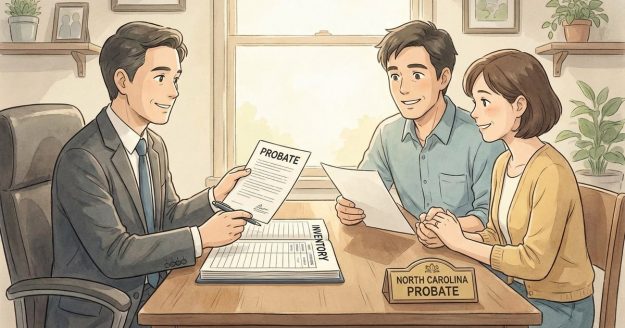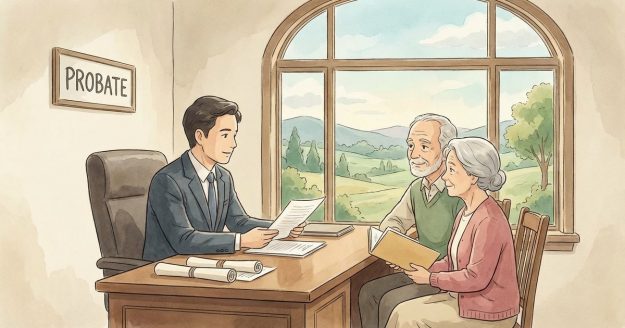Can the probate case be closed if no new assets are found, and can it be reopened later if something turns up? nc
Can the probate case be closed if no new assets are found, and can it be reopened later if something turns up? – North Carolina Short Answer Yes. In North Carolina, an estate can be closed when the personal representative has finished required tasks and the Clerk of Superior Court accepts the final accounting and…











